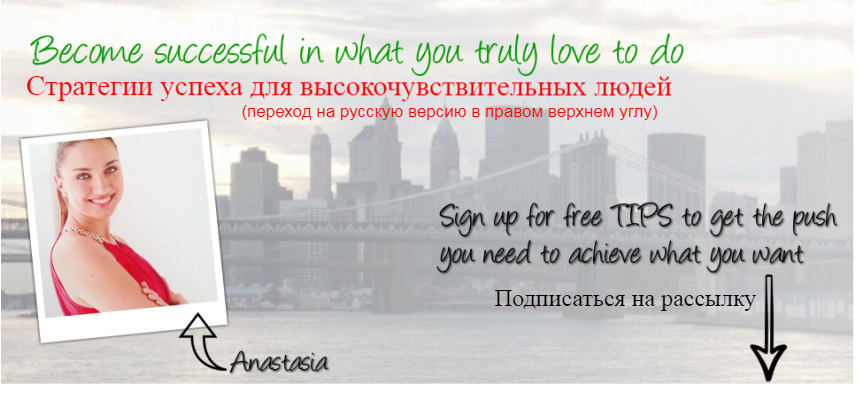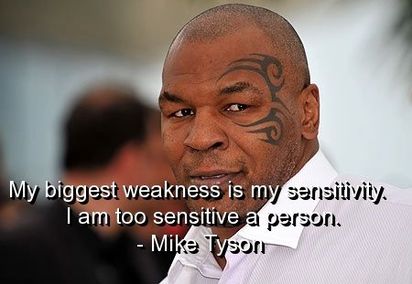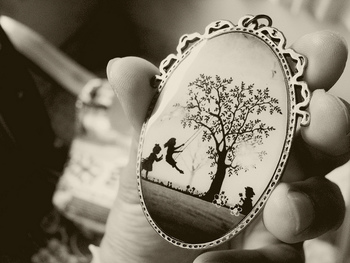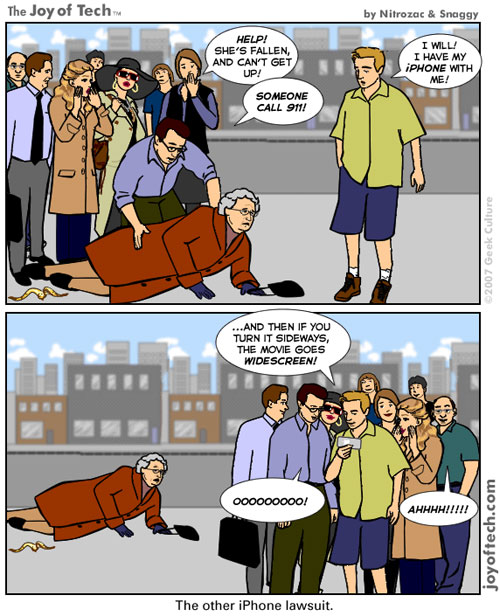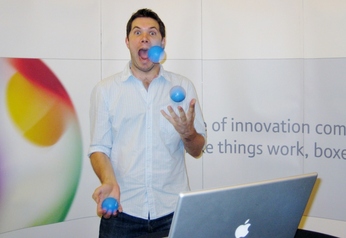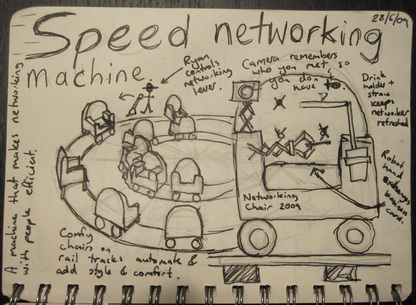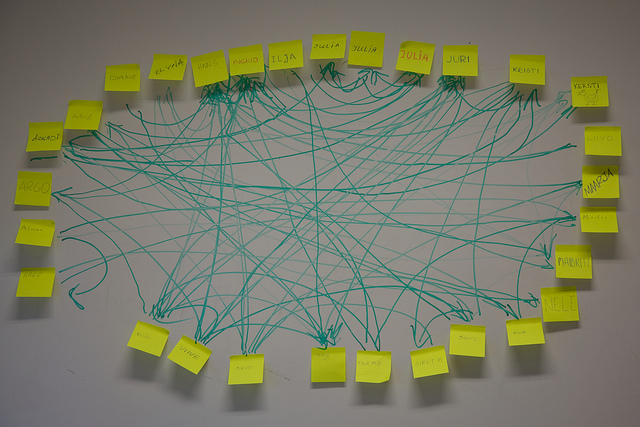I’d love to hear from you if any of these really worked. No, really - I’d love to hear at least from one company out of many businesses who widely use these techniques that they work. Because from my experience (and from the experience of my multiple coaching colleagues) – they don’t. And here’s why.
These solutions might generate you a few new ideas, but they don’t create innovation culture. Because innovation isn’t just about generating new ideas. It’s about observing and connecting the dots, seeing things from totally new angles, noticing the subtleties, underlying trends, exposing the unknown (often innovation happens when neither the question nor the answer are given).
Innovation is born in the culture of freely expressed ideas, doubts, where people can fail and try again. It’s thrives in an atmosphere where people aren’t afraid to speak up, and know that what they say may make a difference. Innovation is about using unconventional tools and allowing your employees to think different (and be unconventional/abnormal/different, too). It’s not about fitting into the “normal”, usual, conventional – because there is no space for innovation in the normal and usual. Innovation is very much about people who possess all of these qualities – able to freely express the ideas, challenge the status quo, think different, be curious without limitation, maybe look and behave unconventionally and likely not fitting in. They probably need space to sit and think, and they can’t guarantee the result by a certain date and time.
Do you like this description of a potential employee? I don’t think so. You probably want somebody a bit more agreeable, understandable, and predictable. Innovation is often born out of diversity, but modern businesses often misunderstand it. They say they want diversity and innovation, but they don’t people who don’t “fit in”. However, if you start listing all those qualities and ideal “innovation carrier” possesses, you may discover that these very people who do not “fit into” your organizations are probably your biggest innovation drivers – if you manage to find the appropriate roles for them and keep them motivated. If you constantly silence, control or ignore them, you will not create innovation culture, no matter how many thousands you pay to your Chief Innovation Officer, or to a consulting company to come up with a new strategy.
The tale of two tribes
Let me give you an example. Imagine we are back a few thousand years ago, and you lead a tribe. You hunt, there’s plenty food around and your tribe is doing just fine. However, there is one chap who comes to you and says: “I think we need to change the place. Magnolia this year has given almost no flowers”. You shrug the shoulders and carry on doing what you were doing, because who cares about the tree, if you primarily are a hunter. And he looks weird anyways, always wondering with his thoughts around, not much use during hunting.
He comes around another couple of times, and you eventually tell him “Look, this is a good place and has always been a good one, it’s proven by years and this is how we do things here, so stop annoying me”, so he stops saying anything (and perhaps leaves alone with a few other people – to your relief). However, in a few months you notice that the soil has become dryer, smaller animals are becoming thinner and weaker, there are fewer bigger ones, and long and behold, you are in the middle of a record drought. You ask priests to pray and make sacrifices, but it’s too late - most of your tribe members die because of the lack of food and water.
Imagine now that this watchful guy joins another tribe and tells them the same thing, and this tribe decides to listen to him. They ask him what is the correlation between magnolia and changing the place, and he says that he isn’t sure, but when the tree doesn’t blossom, he knows it’s trying to save its water, which means there’s no water left under its roots. They have a discussion inside the tribe and a few people volunteer to look for new places with plenty of water nearby. In a couple of weeks one of them comes back with news on a suitable place with a lot of food around, and all your tribe follows him and moves there. When the drought comes, they are still affected, but most of them survive. Next time when another member of the tribe notices something else, a couple of members of the tribe volunteer to test it, because in the past it has been hugely rewarded.
In first case, you failed to see the change coming and paid a price. In the second case, you gave space for observations, verified them by running an experiment (sending people to look for a new place). Based on that, you’ve changed your strategy, helped your tribe survive, and created an innovation culture.
The same is fully applicable to modern businesses.
The watchful guy in question is likely to be a highly sensitive person. According to scientists (primarily Dr Elaine Aron who first spoke about the trait 20 years ago), about 20% of human population are highly sensitive. They have a very finely tuned nervous system that is able to recognize the subtleties in the surrounding environment. They process information much deeper than most people, are deeply intuitive and empathetic, and are great at connecting the dots and making sense of seemingly unrelated facts. High sensitivity has a huge evolutionary importance as it helped the survival of the whole human species, as highly sensitive people were the first ones to notice any change in the environment and report to their tribes.
However, high sensitivity comes with a price. Although it’s not a disease, highly sensitive people tend to get overwhelmed by too much sensorial stimuli (like noise, strong smells), they can appear shy, can easily get intimidated and afraid to speak up as they react very strongly to criticism. They can get very emotional for no obvious reason or seem too slow to react or learn (in reality, in both cases it means they can’t cope with processing so much information in a short time frame). They are also often feel discouraged to speak up if they cannot logically justify their decision, as intuition often appears before the logic catches up with it – especially if they are sensitive males (the trait is evenly spread between men and women). When constantly told that they are saying non-sense or ignored, they stop trusting themselves, and may shut down, becoming of no use to people around them. They need time and space to think, they find regular office environment especially open-plan offices overwhelming and draining. And yes, they often look, feel and talk different from everyone else.
What does sensitivity have to do with innovation? You might have guessed it already – highly sensitive people are those who’ll drive your innovation forward. They get the core of innovation process – observe, compare, synthesize information, connect the dots, pull new solutions from unexpected sources and other areas. For example, Dyson bagless vacuum cleaners were created based on a simple idea of a cyclone in the lumberyard, as using bags was keeping the dust inside the cleaner and preventing it from sucking dust fully.
What it means for your organization
First of all, try to identify highly sensitive people within your company (every fifth person on earth is an HSP so there should be a few), and make sure that their job description reflects their strengths – ability to synthesize information, work between different departments, with projects and tasks still not defined, and – very importantly – in their own rhythm. There’s a test you can use to check if the person is sensitive.
While doing this, you may discover that a lot of people who aren’t fitting in/have been reported as a problem are actually highly sensitive. They are no rebels by nature, not at all – they simply can’t find a place for themselves within your organization where they can “serve the tribe”, and is this has been happening for a while, they likely got very stressed, mistrusting to themselves and shut down.
Second – make sure that they are valued for their insights and nurtured for qualities that come in the same package as sensitivity – empathy, intuition, conscientiousness, ability to process a lot of different pieces of information and notice subtleties, and give valueable insights based on them. Encourage them to trust in themselves. Don’t judge them for being too emotional or overreacting to certain things. Don’t try to control them – they need to do things in their own way, as their brain works differently. You can support them by setting up mentoring programs, explaining to them and everyone else in the company the traits of sensitivity, or getting in a coach who works with highly sensitive people to have a training with managers on how to manage such people.
Create a culture where it’s safe to speak up. This doesn’t mean that ideas should not be discussed or criticized – it only helps when they are – but there should be room to implement those ideas, and also room to have weird ideas. And of course, criticism should never get personal.
Third – don’t force your people to use only one part of the brain. Encourage both right-brain and left-brain thinking, as well as using different senses. Design thinking is probably the most used process to create innovation, but it mainly relies on visual perception – but how about other senses?
In the age of big data, we are tempted to back up all our decision with numbers – but unfortunately, data can’t always answer all our questions. Any statistician would tell you that data can’t show you the causality, but only the correlation, and that data is meaningless unless you know, which question to want to answer using it – and often during the innovation process the question is not defined. Made.com, a UK online design furniture retailer, understood this principle really well and created an innovative culture that’s driven by a combination of data analysis and experiments. They use data to pick up a few potentially leading products, and then allocate small teams to launch first products and features based on their intuition. It doesn’t cost much money and effort and allows for more flexibility in case things don’t work out. Having small flexible teams experimenting with things and using both senses and two parts of the brain would work best.
If you manage to tap into the potential of highly sensitive people who already work in your organization, and create an environment for them that makes them flourish, you will guarantee your competitive advantage and constant flow of innovation for many years ahead.
